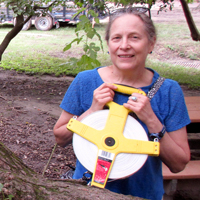
Martha Case is updating — and modernizing — the Campus Tour of Woody Species, a walking loop that takes in some of the most interesting trees of William & Mary.
 Skip to main content
Skip to main content

Martha Case is updating — and modernizing — the Campus Tour of Woody Species, a walking loop that takes in some of the most interesting trees of William & Mary.
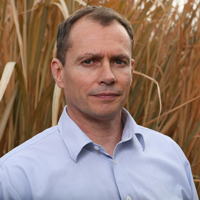
William & Mary biologist John Swaddle will receive nearly $100,000 in matching funds from the state of Virginia to develop technology to reduce the toll that wind turbines take on birds.
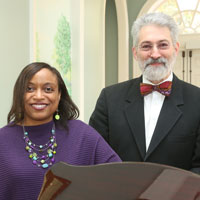
William & Mary Associate Professor of biology Shantá D. Hinton, a member of the 50th commemoration committee, had the idea for the song and worked with Director of Choirs James Armstrong to find a composer to create it.

As William & Mary celebrates the 10th anniversary of the Plumeri Awards for Faculty Excellence, these are just a few of the distinguished professors to receive that honor.
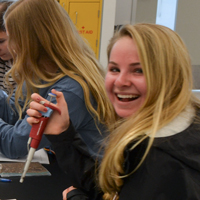
The day started off with pipetting basics and ended with a hunt for new bacteriophages.
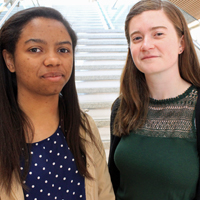
Two William & Mary undergraduates will soon enter into research careers, each backed by a strong vote of confidence from the National Science Foundation.
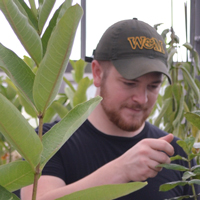
Monarch butterflies are, along with honeybees, among the most charismatic insects of North America. David De La Mater has been researching the Eastern population of the butterflies, and most specifically Asclepias syriaca — the common milkweed.
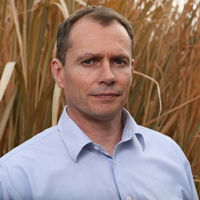
Bird-human actions can end in tragedy — for bird as well as human. John Swaddle believes technology and a solid understanding of bird behavior can make those tragedies less frequent.
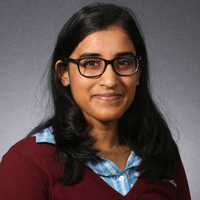
Likhitha Kolla is this year’s recipient of William & Mary’s Thomas Jefferson Prize in Natural Philosophy. The award is endowed by the trustees of the Thomas Jefferson Memorial Foundation to recognize excellence in the sciences and mathematics in an undergraduate student.
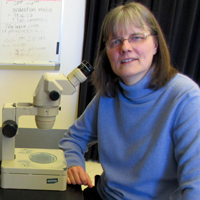
Diane Shakes is a professor in William & Mary’s Department of Biology. She and her collaborators have been examining Auanema rhodensis, a species of nematode that brings a completely different take to hermaphroditism.
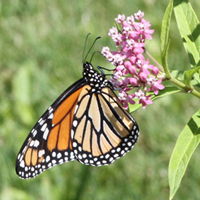
Jack Boyle has been using the web to mine millions of century-old botany records to track abundance patterns of milkweed in America. His hope is to solve the puzzle of how innovations in agriculture have affected the natural habitat for monarch butterflies.

"The greatest joy that keeps me going is that they develop into these amazing young scientists, the majority of whom enter doctoral programs." - from an interview with Associate Professor of Biology Shantá Hinton, featured by the American Society for Biochemistry and Molecular Biology.
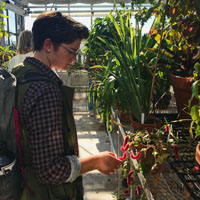
Designed to engage students in the outdoors and broaden the impact of William & Mary’s Park Rx initiative, the event featured a nature walk, Integrated Science Center Greenhouse tour, interactive lecture and platform for student ambassadors to “prescribe” parks to their peers.
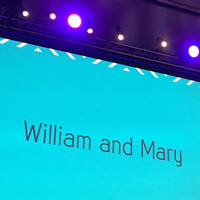
William & Mary’s team was named First Runner-Up in the 2017 iGEM competition, beating out all but one team in a large field in the quest for what has been dubbed the World Cup of Science.

Biology professor Jon Allen's experience with a rare parasite was dramatized and televised on the Animal Planet's "Monsters Inside Me" program!
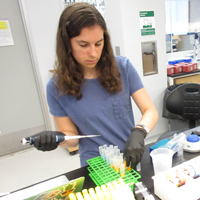
W&M students will be among hundreds from the world’s major research institutions going to the iGEM Grand Jamboree.
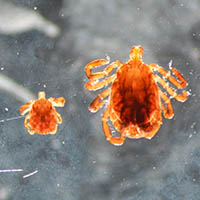
In recent months, clinicians have been scrambling to make sense of rising incidents of ehrlichiosis infections in the United States. Matthias Leu, associate professor of biology, has a thread on that one: Follow the deer, particularly the fawns.
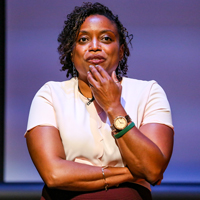
Shantá D. Hinton gave William & Mary’s 12th Tack Faculty Lecture.
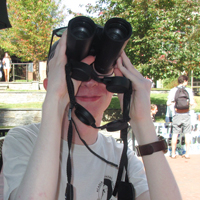
The 2017 Big Sit, on Oct. 6, was the club’s third annual event.
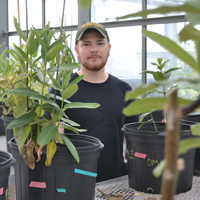
A graduate student is researching regional differences in milkweed and the implications of those differences on populations of monarch butterflies in eastern North America

The “People behind the papers” interview was prompted the recently published paper and highlights her international collaboration in the field of cell structure and development.
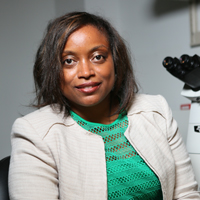
“Brain Dance” is the 12th Tack Faculty Lecture and one in a yearlong series of events at the university to commemorate the 50th anniversary of William & Mary’s first African-American residential students.
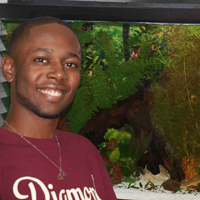
Khalil Russell '21 is a 1693 Scholar who has a passion for breeding fish. It's one reason he chose to study at William & Mary.

A developing technology will project an audible alarm to alert birds that they need to switch off cruise control and look ahead.